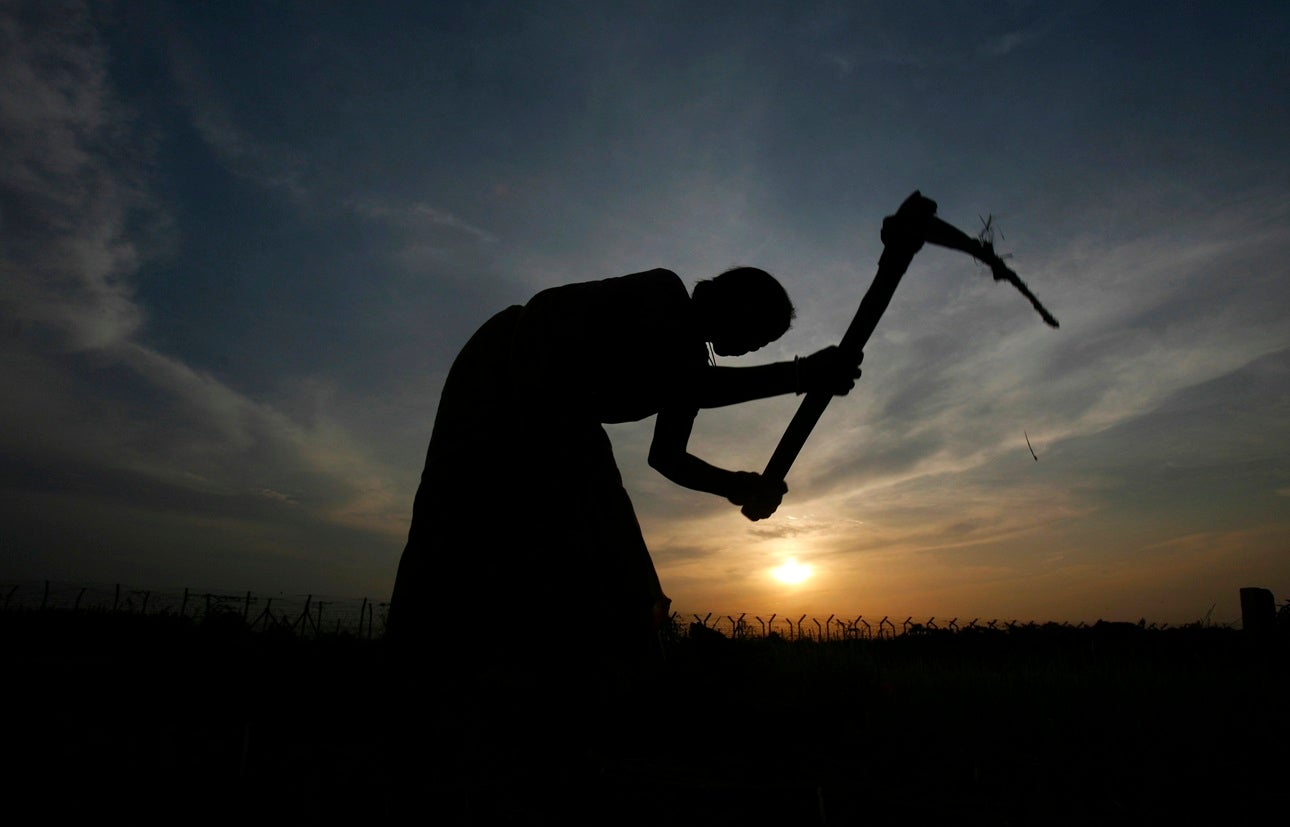Gender equality: a stepping stone for food system equality
Making global food system organizations more equitable is essential to delivering food equity in LMICs. However, the Global Food 50/50 Report has found that there's still much work to be done to achieve gender parity in this area

Gender equality in global food system organizations is a precondition for delivering sustainable food solutions – but transparent gender equality policies are still missing from many such organizations. That’s according to the 2021 Global Food 50/50 Report, an initiative of Global Health 50/50 and the International Food Policy Research Institute.
In its inaugural edition, the report assessed 52 global food system organizations across four dimensions: commitment to redistribute power; policies to tackle power and privilege imbalances at work; gender and geography of global food leadership; and gendered power dynamics of inequalities in outcomes. It found that although most organizations share a strong commitment to gender equality, some are using equality as rhetoric, and perhaps worse, as “a substitute for action.”
While 92 percent of polled organizations have committed to gender equality, significantly fewer organizations – between 50 and 67 percent – have policies that promote diverse, equitable, and inclusive workplaces. That disparity trickles down from CEO and board positions, of which only 27 percent are held by women, and across geographical lines, with only six percent of leaders being women from LMICs.
Because, the report says, “unequal access and rights to important resources in food systems undermines women’s empowerment and productivity,” food system organizations must deliver gender parity to deliver food systems that prevent gender-based chronic food and nutrition insecurity.
“The gender gaps in leadership of organizations working in food systems are enormous and this needs to change. And this matters most where people are hungry and malnourished — women in local food systems have extensive capacities and are both able and willing to step into community and national leadership roles if they are given the opportunity,” Michelle Nunn, President and CEO of CARE USA, said in the report.
Prioritizing women in community and leadership positions in food system organizations can help improve nutrition outcomes in just the same way that giving women access to leadership roles in their communities, as community health workers, has helped Bangladesh, Ethiopia, and Liberia improve health outcomes.
“Gender equality is critical to equitable and sustainable food systems,” said Deputy Secretary-General of the United Nations Amina J. Mohammed, in the report's foreword. She also stated that merely tracking and ranking performance is not enough. “We must also require new tools to address inequalities,” she said.
This is why Global Food 50/50 commits to monitoring progress while holding food system organizations accountable for “achieving gender equality in leadership, adopting gender-equitable internal workplace policies, and implementing strategies that advance progress toward gender-just and equitable food systems,” said Nunn.
“This is not just about numbers but about profound changes in the way women and men reflect and act upon power relations, inequity and injustice,” she added.
